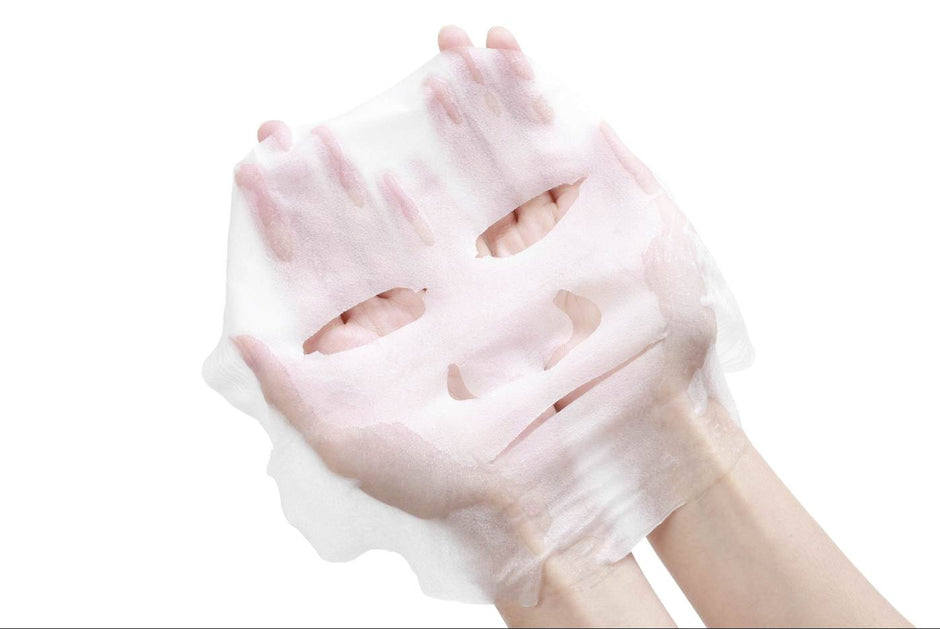By Liane Scior
Director of Education
Niacinamide, also known as vitamin B3, has become an indispensable ingredient in modern skincare. Its versatile properties and proven efficacy make it a favourite among dermatologists and skincare therapists. This article delves into its numerous benefits, and its relevance in treating a variety of skin conditions.
Mechanism of Action
Niacinamide functions as a potent anti-inflammatory and antioxidant. It enhances the production of ceramides, which are essential lipids that maintain the skin's protective barrier. To elaborate on this:
Anti-inflammatory: Niacinamide helps to reduce inflammation in the skin by inhibiting the production of inflammatory mediators such as cytokines. This property makes it effective in calming conditions like acne, rosacea, and redness.
Antioxidant: As an antioxidant, niacinamide protects the skin from oxidative stress caused by free radicals. This oxidative stress can lead to premature aging and skin damage. By neutralizing free radicals, niacinamide helps maintain skin health and resilience.
Enhancement of Ceramide Production:
Ceramides are crucial lipids that form the skin's natural barrier. Niacinamide stimulates the synthesis of ceramides in the skin cells. By boosting ceramide levels, niacinamide strengthens the skin barrier, which plays a vital role in retaining moisture and preventing water loss. This enhances the skin's ability to maintain hydration, reducing dryness and improving overall skin texture.
Barrier Function Improvement:
A stronger skin barrier not only keeps moisture locked in but also acts as a shield against environmental pollutants and irritants. Niacinamide's ability to enhance the barrier function helps protect the skin from external aggressors, which can cause sensitivity and damage.
Reduction of Hyperpigmentation:
Niacinamide inhibits the transfer of melanosomes (pigment-containing organelles) from melanocytes (pigment-producing cells) to keratinocytes (skin cells). This action helps to reduce the formation of dark spots and hyperpigmentation, promoting a more even skin tone over time.
Summary of the Benefits in Skincare
Anti-Inflammatory Properties: Niacinamide is highly effective in reducing inflammation, making it beneficial for conditions like acne, rosacea, and eczema. Its soothing properties help calm irritated skin, reducing redness and discomfort.
Minimising Pores: Regular use of niacinamide can lead to a noticeable reduction in pore size. It helps regulate sebum production, preventing pores from becoming clogged and stretched.
Skin Barrier Function: By boosting ceramide production, niacinamide strengthens the skin's natural barrier. This is particularly beneficial for individuals with sensitive or compromised skin, as it enhances hydration and protects against environmental aggressors.
Hyperpigmentation and Skin Tone: Niacinamide effectively reduces dark spots and uneven pigmentation. Its ability to inhibit melanin transfer results in a more uniform skin tone, addressing concerns such as age spots and melasma.
Anti-Aging Benefits: Niacinamide stimulates collagen production, improving skin elasticity and reducing the appearance of fine lines and wrinkles. Its antioxidant properties also protect the skin from oxidative stress, which contributes to premature aging.
Clinical Relevance for Skin Therapists
For skin therapists, incorporating niacinamide into treatment regimens offers a multitude of advantages. Its versatility makes it suitable for various skin types and conditions, from acne-prone to aging skin. By recommending products containing niacinamide, therapists can provide clients with a scientifically backed solution that addresses multiple concerns simultaneously.
In clinical settings, niacinamide can be used in combination with other active ingredients to enhance treatment outcomes. For instance, pairing niacinamide with hyaluronic acid can boost hydration, while combining it with retinoids can enhance anti-aging effects without increasing irritation.
Niacinamide's rise to prominence in skincare is well-deserved, given its extensive benefits and adaptability. As a multi-tasking ingredient, it addresses a wide range of skin concerns, making it an invaluable addition to any skincare regimen. For skin therapists, leveraging the power of niacinamide can lead to improved client satisfaction and enhanced treatment efficacy. By staying informed about such innovative ingredients, professionals can continue to offer cutting-edge solutions for optimal skin health.




